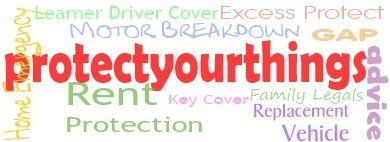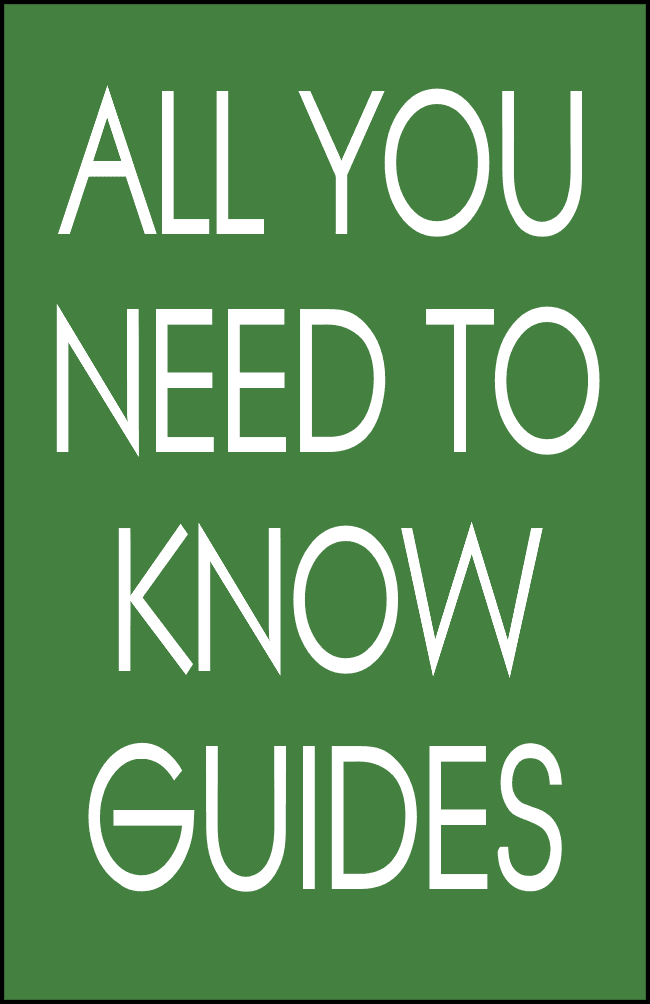Leasehold vs Freehold
Leasehold vs Freehold



Conveyancing ExplainedLeasehold vs Freehold
There are two main types of legal ownership in England and Wales; Freehold and Leasehold. There are some key differences to consider before committing to a purchase of either type.
What is Freehold?
If you own the freehold, it means that you own the building and the land it stands on outright. It will be your name in the land registry and on the title deeds. Freehold is pretty much always the preferred option and houses are normally sold as Freehold.
What is Leasehold?
Leasehold means that you have a lease from the freeholder to use the home for a number of years.
The leases are usually long term — often 90 years or 120 years. They can be as high as 999 years which is also referred to as long leaseholds. When the lease ends, ownership returns to the freeholder unless you are able to extend the lease. Most flats and maisonettes are owned leasehold, however there are some exceptions to the rule in Scarborough, where some flats are freehold.
When you buy a leasehold property, you’ll take over the lease from the previous owner, so before making an offer you’ll need to consider:
• How many years are left on the lease and how it may affect obtaining a mortgage/the property resale value.
• The service charges and related costs that come with a leasehold property (which are more than likely changeable rather than fixed)
• If you want to carry out Major works to the property, as you’ll have to get permission
What are the Conveyancing differences for Leasehold vs Freehold?
Each Conveyancing case is different, however there are some key reasons why a Leasehold case involves more work than a Freehold case.
The Conveyancing process for Leasehold cases typically takes longer and carries higher costs due to the amount of work involved. Here is a list of the additional work required on a Leasehold case (please note this list is not exhaustive).
Your Conveyancing Supplier needs to read the Lease. Leases are complex documents which include a lot of important information. If you’re getting a mortgage, the Conveyancer must ensure that the
lease meets with the lender’s requirements and is transferable.
The unexpired term of the Lease It is essential that your Conveyancer checks the length of the unexpired term of the lease because
many lenders will not provide a mortgage if a lease has less than 60-65 years left to run after the end of the mortgage term. Finding out who owns the Freehold and requesting information Your Conveyancer will need to request certain information from the freeholder in the form of a leasehold questionnaire and this may take time.
For example, your Conveyancer will check the responsibilities on communal areas.
Management Company
Sometimes, the owners of the leasehold
properties get together, buy the freehold and
form a Management Company to take care
of the upkeep and insurance of the property.
Your Conveyancer will check the company
documents and accounts and the share(s)
must be transferred on completion.
Legal Obligations
The lease contains Covenants which are
promises that the owner of the lease is obliged
to fulfil. Your Conveyancer will inform what
Covenants you must take responsibility of upon
completion.
Service Charges
Your Conveyancer will contact the owner of the
Freehold to find out what the current monthly
service charges are/check what has been paid to
date. Service charges cover the contributions to
the upkeep of communal areas. They also need
to find out if there is any major work planned
and whether or not there are funds available for
this expense. Your Conveyancer usually looks at
the expenditure of the management company
and freeholder over the last 3 to 5 years to see if
there has been any major expenditure or any debt
incurred. This information should be passed on to
you so that you can budget.
Buildings Insurance Policy
Your Conveyancer will check that the owner of
the freehold/ management Company has insured
the building and checks if there is a covenant in
the lease obliging the lessee to pay their portion
of the sum.
Disputes
Your Conveyancer will try and find out if there are
any disputes between neighbours, the landlord
and or management company.
Short Lease
If required, your Conveyancer will get involved in
obtaining a lease extension or a brand new lease.
-

Insurance
Write your caption hereInsurance -

Equity Release
Write your caption hereEquity Release -

Remortgage
Check Out Our Best Buy Tables & See If You Could Save.
Best Buy Tables -

Protectyourthings
Get Quotes for Add On Insurance Products such as GAP, Travel, Motor Breakdown, Learner Driver and Much More...
Protectyourthings -

Moving Home
Write your caption hereGet a Quote -

First Time Buyer
Write your caption hereSource a Mortgage -

Sell Your House
Write your caption hereAgentonline -

Buy to Let
Write your caption hereFind Out More -

Conveyancing
Write your caption hereQuote Now
Where to find us:
111 Bramston Street, Rastrick, Brighouse,
HD6 3AQ, UNITED KINGDOM
YOUR HOME IS AT RISK IF YOU DO NOT KEEP UP REPAYMENTS ON A MORTGAGE OR OTHER LOAN SECURED ON IT
Think carefully before securing other debts against your home. Your mortgage is secured on your home, which you could lose if you do not keep up your mortgage payments. Check that this mortgage will meet your needs if you want to move or sell your home or you want your family to inherit it. If you are in any doubt, seek independent advice.
KIS financial solutions is Authorised and Regulated by the Financial Conduct Authority (FCA No. 302556).



